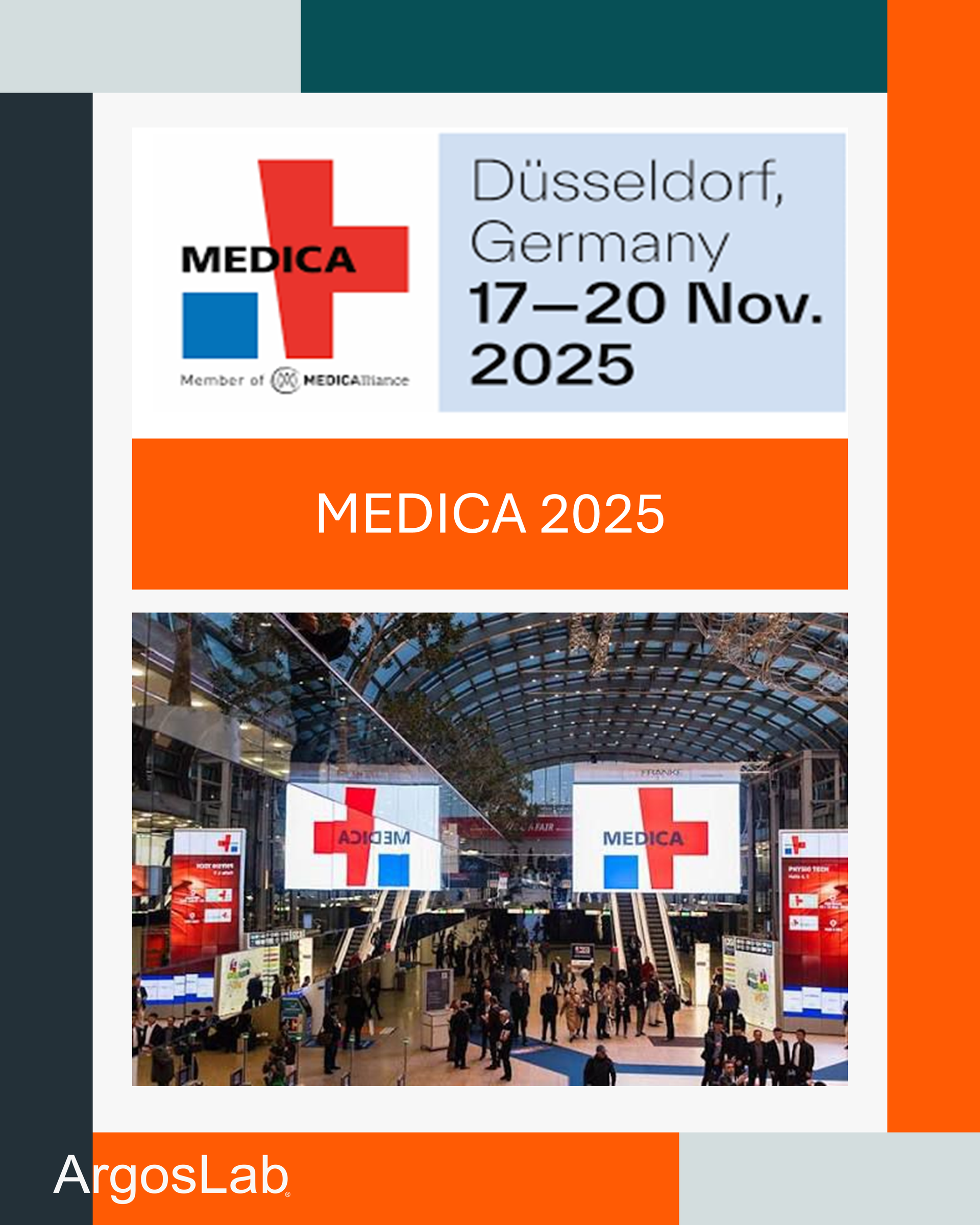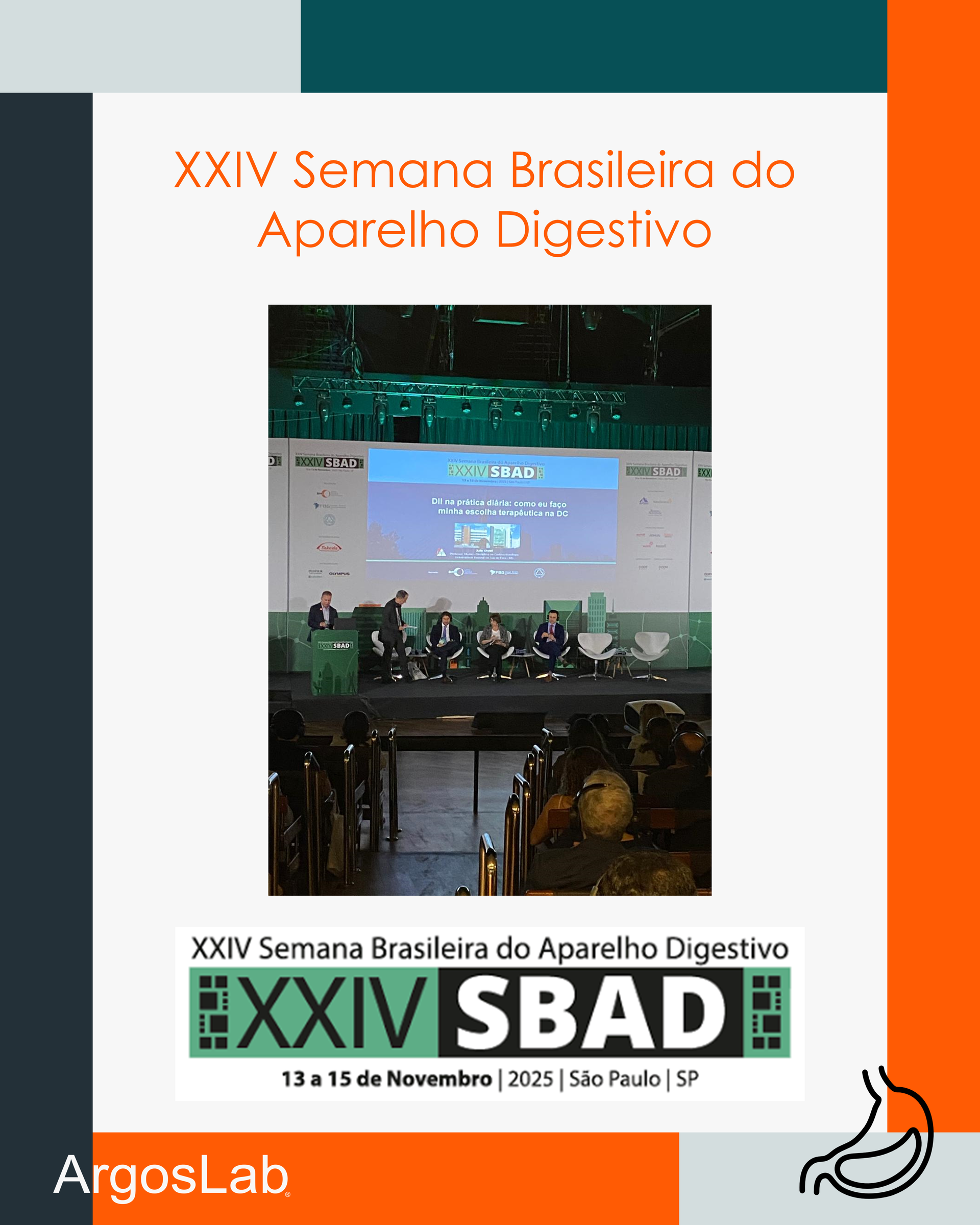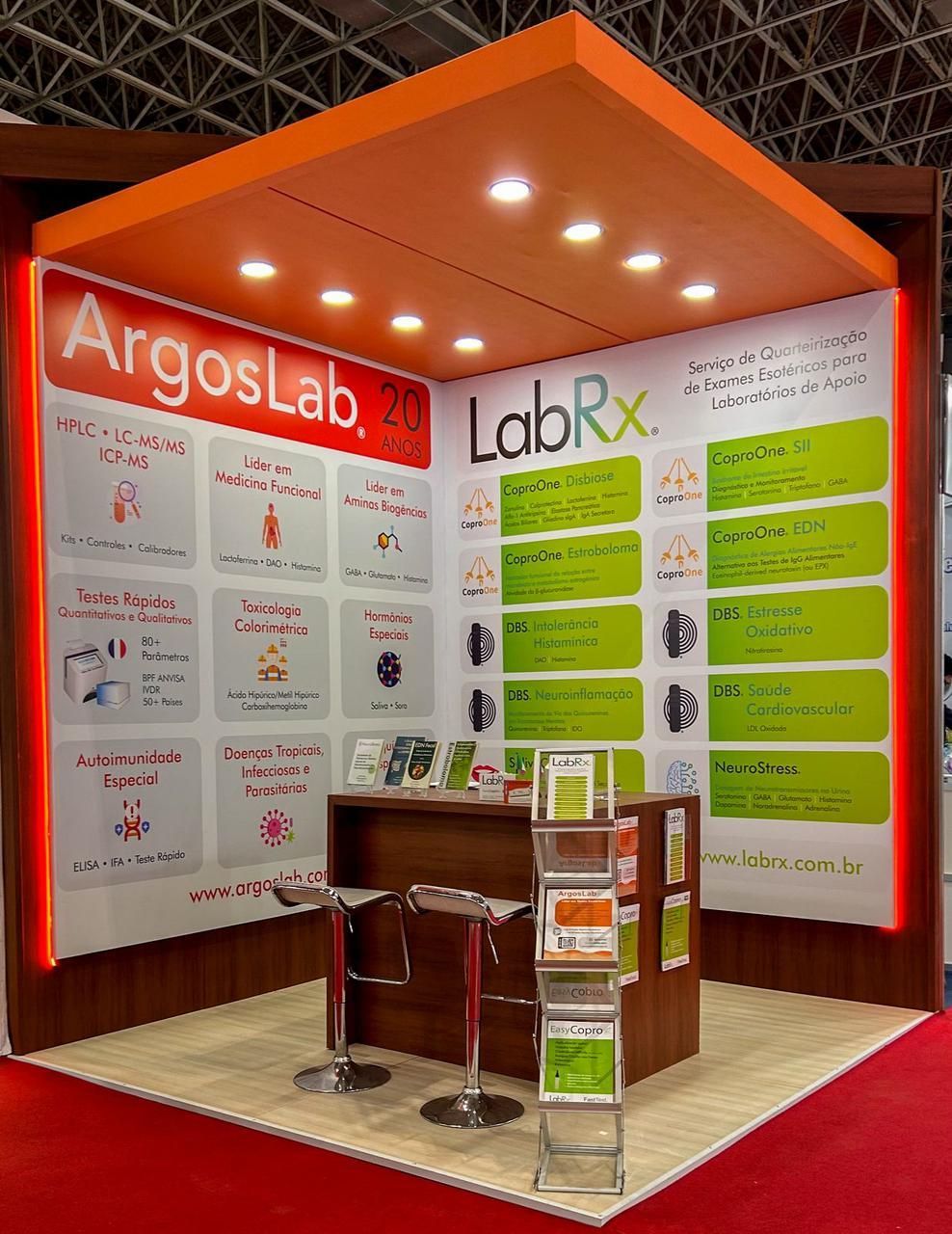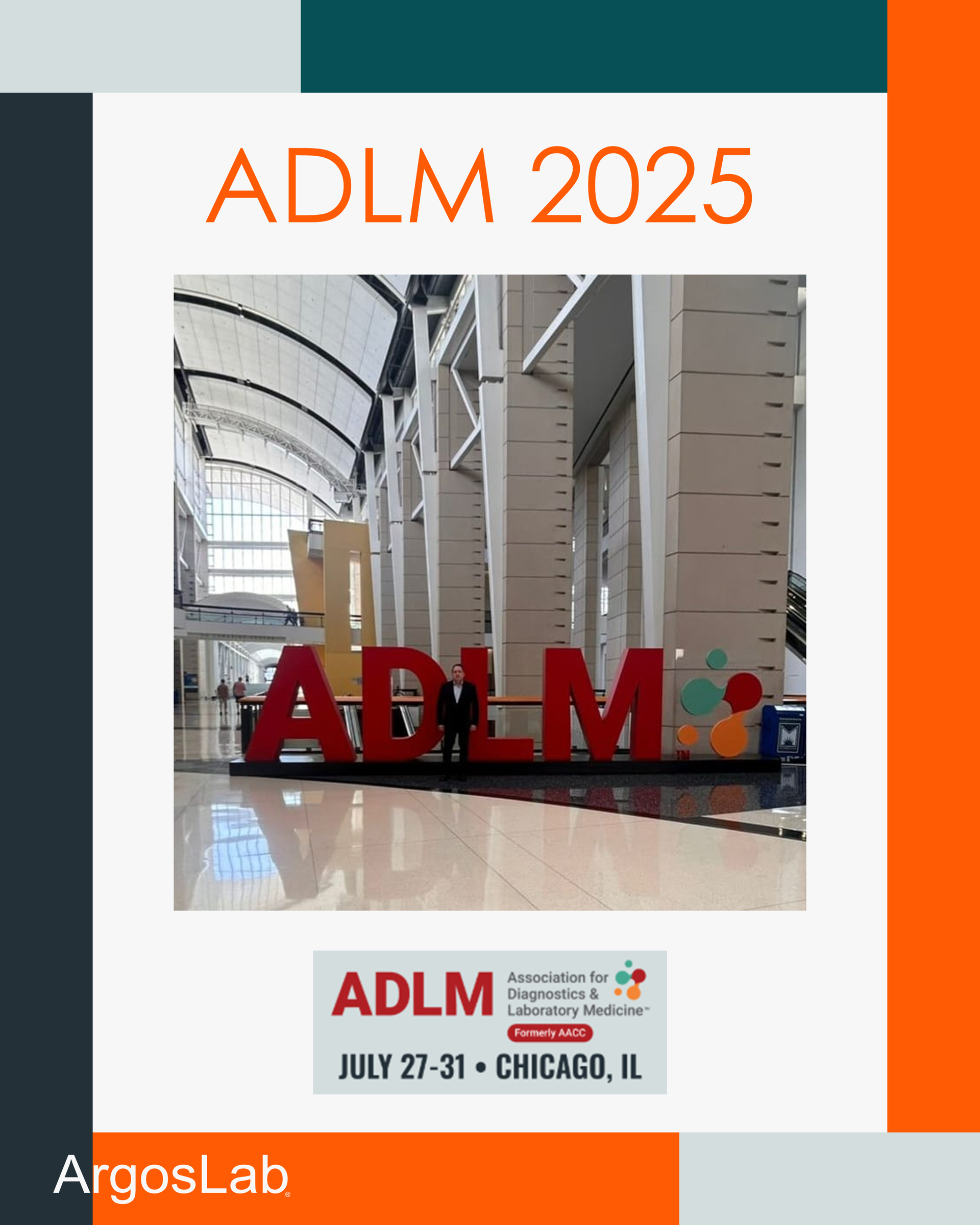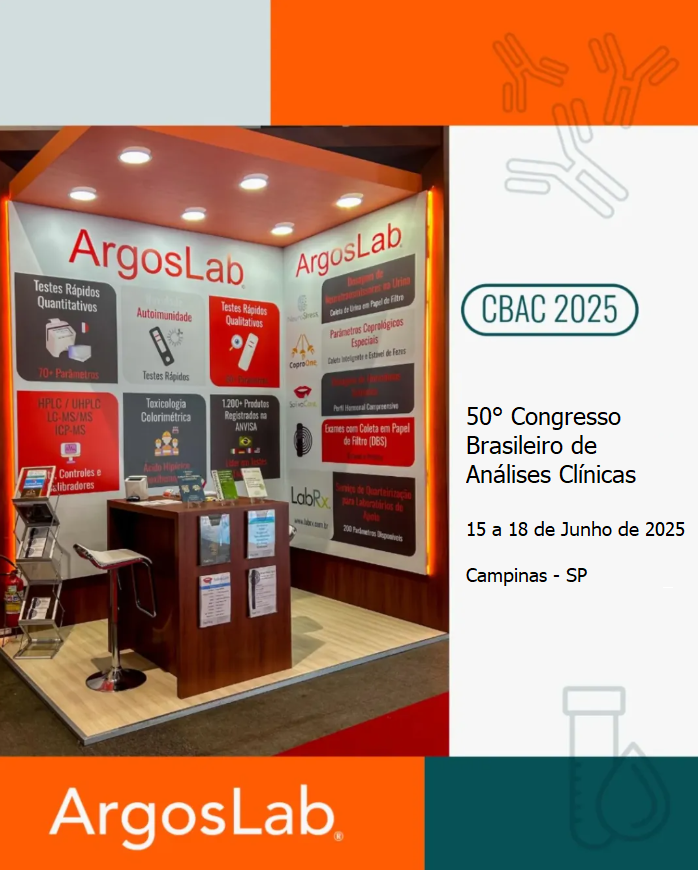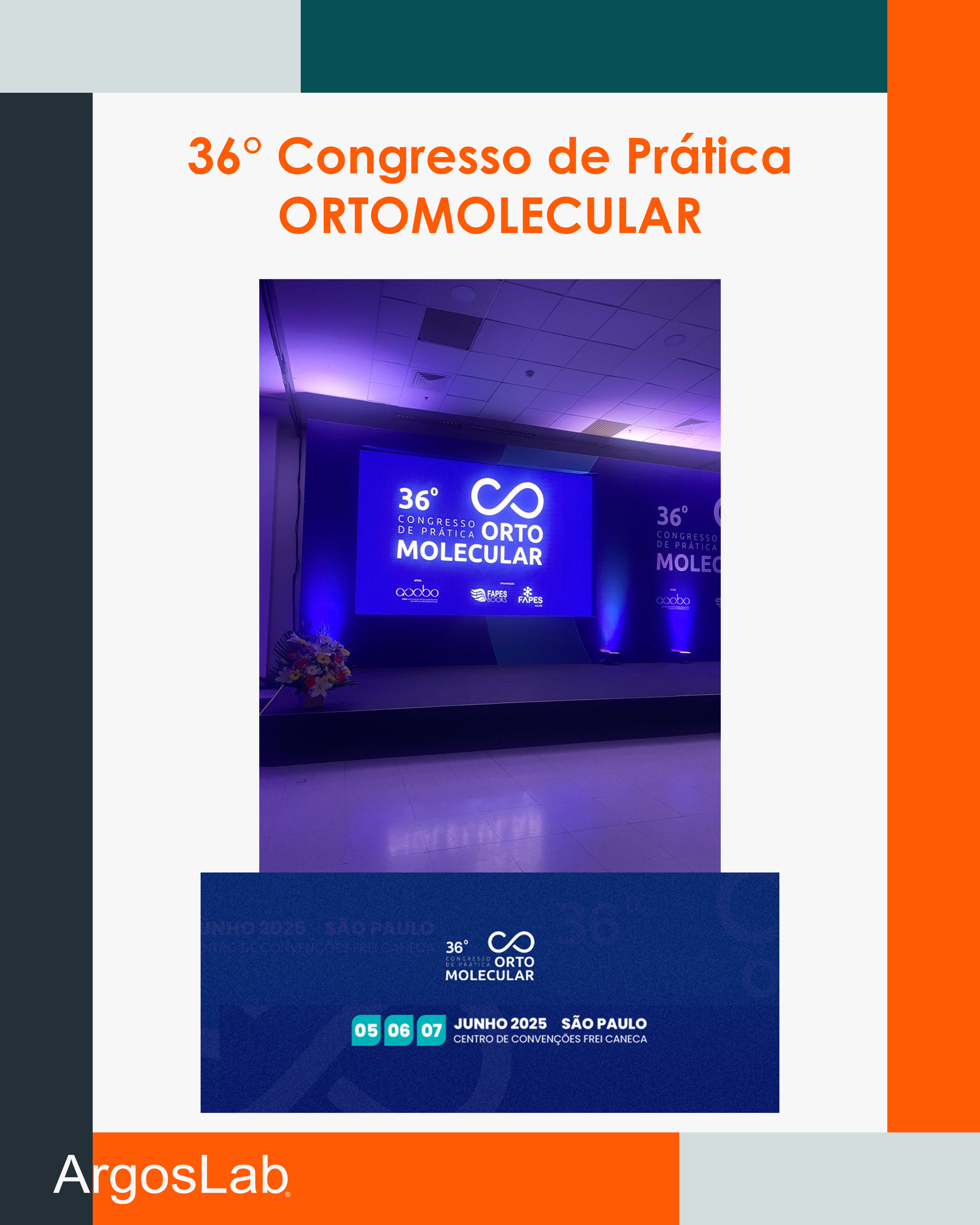Infliximab drug level
- Quantificação de anticorpos terapêuticos livres anti-TNF α (infliximabe)
- Auxílio na otimização da terapia anti-TNF α
- Identificação precoce da perda de resposta ao tratamento
- Personalização do ajuste terapêutico em doenças inflamatórias crônicas
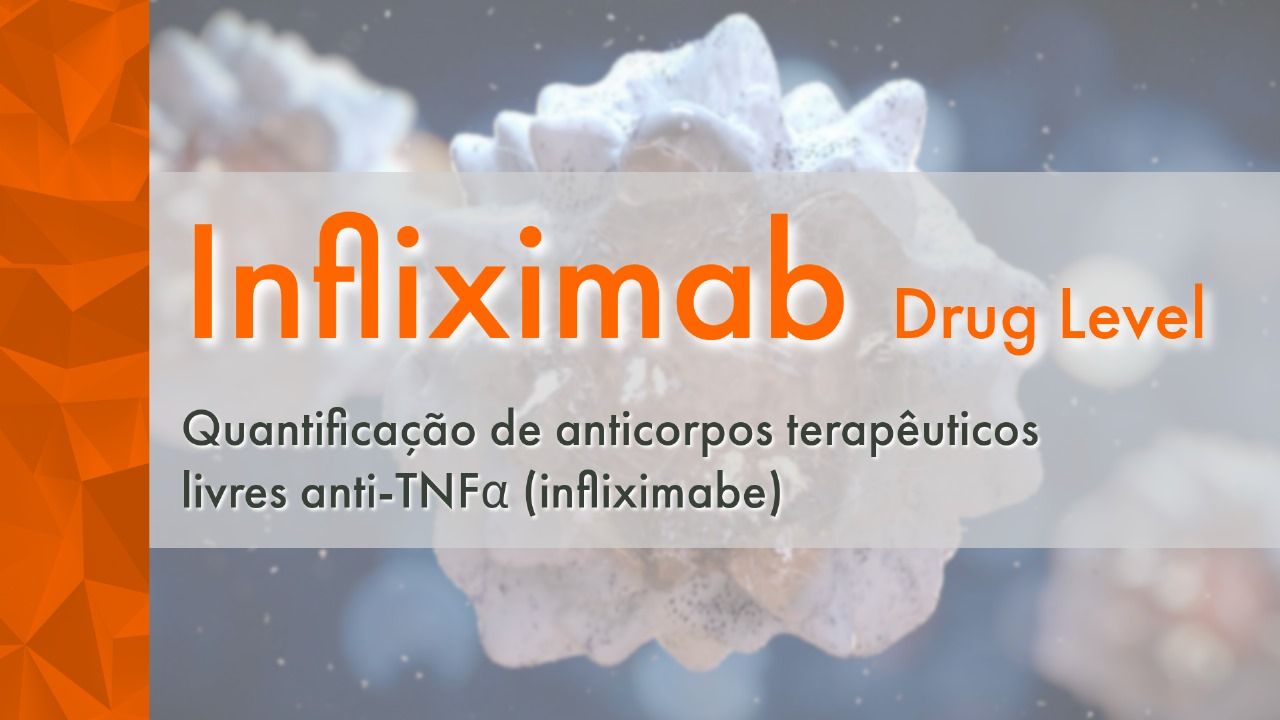
O fator de necrose tumoral alfa (TNFα) pertence às citocinas pró-inflamatórias, que promovem e sustentam reações inflamatórias. Ele é produzido por macrófagos e células T e desempenha um papel central tanto nas inflamações agudas quanto nas crônicas. Consequentemente, doen ç as inflamat ó rias cr ô nicas como a doen ç a de Crohn, colite ulcerativa, artrite reumatoide ou psor í ase estão sendo cada vez mais tratadas com anticorpos contra o TNFα, que atuam diretamente nos processos inflamatórios subjacentes[5].
A eficácia clínica da terapia anti-TNF α geralmente est á correlacionada com o n í vel residual do anticorpo terap ê utico , ou seja, a concentração do medicamento logo antes da próxima administração do anticorpo anti-TNFα. Diversos fatores influenciam esse nível residual, incluindo a dosagem e a frequência da infusão do bloqueador de TNFα, a atividade da doença, a farmacocinética individual e a resposta imune (formação de anticorpos contra o medicamento, conhecidos como ADA) [1, 13].
Infliximab drug level ELISA é um imunoensaio enzimático destinado à determinação quantitativa de anticorpos terapêuticos livres anti-TNF α (infliximabe) , como REMICADE®, Remsima® e Inflectra®, no plasma com EDTA e no soro.
Metodologia: ELISA
Amostras de Soro ou Plasma
Literatura:
1.AFIF, W.; LOFTUS, E. V.; FAUBION, W. A.; KANE, S. V.; BRUINING, D. H.; HANSON, K. A. et al. Clinical utility of measuring infliximab and human anti-chimeric antibody concentrations in patients with inflammatory bowel disease. The American Journal of Gastroenterology, v. 105, n. 5, p. 1133–1139, May 2010.
2.BEGLINGER, C.; BINEK, J.; BRAEGGER, C.; MICHETTI, P.; ROGLER, G.; SAUTER, B. et al. Infliximab-Monotherapie versus Kombinationstherapie mit Immunmodulatoren. The Medical Journal, v. 1, p. 32–34, 2008.
3.BENDER, N. K.; HEILIG, C. E.; DRÖLL, B.; WOHLGEMUTH, J.; ARMBRUSTER, F-P.; HEILIG, B. Immunogenicity, efficacy and adverse events of adalimumab in RA patients. Rheumatology International, v. 27, n. 3, p. 269–274, Jan. 2007.
4.BENDTZEN, K.; GEBOREK, P.; SVENSON, M.; LARSSON, L.; KAPETANOVIC, M. C.; SAXNE, T. Individualized monitoring of drug bioavailability and immunogenicity in rheumatoid arthritis patients treated with the tumor necrosis factor alpha inhibitor infliximab. Arthritis and Rheumatism, v. 54, n. 12, p. 3782–3789, Dec. 2006.
5.BRADLEY, J. R. TNF-mediated inflammatory disease. The Journal of Pathology, v. 214, n. 2, p. 149–160, Jan. 2008.
6.ST. CLAIR, E. W.; WAGNER, C. L.; FASANMADE, A. A.; WANG, B.; SCHAIBLE, T.; KAVANAUGH, A. et al. The relationship of serum infliximab concentrations to clinical improvement in rheumatoid arthritis: results from ATTRACT, a multicenter, randomized, double-blind, placebo-controlled trial. Arthritis and Rheumatism, v. 46, n. 6, p. 1451–1459, June 2002.
7.CHANG, J. T.; LICHTENSTEIN, G. R. Drug insight: antagonists of tumor-necrosis factor-alpha in the treatment of inflammatory bowel disease. Nature Clinical Practice Gastroenterology & Hepatology, v. 3, n. 4, p. 220–228, Apr. 2006.
8.COLOMBEL, J-F.; LOFTUS, E. V.; TREMAINE, W. J.; EGAN, L. J.; HARMSEN, W. S.; SCHLECK, C. D. et al. The safety profile of infliximab in patients with Crohn’s disease: the Mayo Clinic experience in 500 patients. Gastroenterology, v. 126, n. 1, p. 19–31, Jan. 2004.
9.COMINELLI, F. Cytokine-based therapies for Crohn’s disease--new paradigms. The New England Journal of Medicine, v. 351, n. 20, p. 2045–2048, Nov. 2004.
10.CORNILLIE, F.; SHEALY, D.; D’HAENS, G.; GEBOES, K.; VAN ASSCHE, G.; CEUPPENS, J. et al. Infliximab induces potent anti-inflammatory and local immunomodulatory activity but no systemic immune suppression in patients with Crohn’s disease. Alimentary Pharmacology & Therapeutics, v. 15, n. 4, p. 463–473, Apr. 2001.
11.MASER, E. A.; VILLELA, R.; SILVERBERG, M. S.; GREENBERG, G. R. Association of trough serum infliximab to clinical outcome after scheduled maintenance treatment for Crohn’s disease. Clinical Gastroenterology and Hepatology: The Official Clinical Practice Journal of the American Gastroenterological Association, v. 4, n. 10, p. 1248–1254, Oct. 2006.
12.RUTGEERTS, P.; VAN ASSCHE, G.; VERMEIRE, S. Optimizing anti-TNF treatment in inflammatory bowel disease. Gastroenterology, v. 126, n. 6, p. 1593–1610, May 2004.
13.VANDE CASTEELE, N.; GILS, A. Pharmacokinetics of anti-TNF monoclonal antibodies in inflammatory bowel disease: Adding value to current practice. Journal of Clinical Pharmacology, v. 55, Suppl. 3, p. S39-S50, Mar. 2015.
14.PERRY, M.; BEWSHEA, C.; BROWN, R.; SO, K.; AHMAD, T.; MCDONALD, T. Infliximab and adalimumab are stable in whole blood clotted samples for seven days at room temperature. Annals of Clinical Biochemistry, v. 52, Pt. 6, p. 672–674, Nov. 2015.


